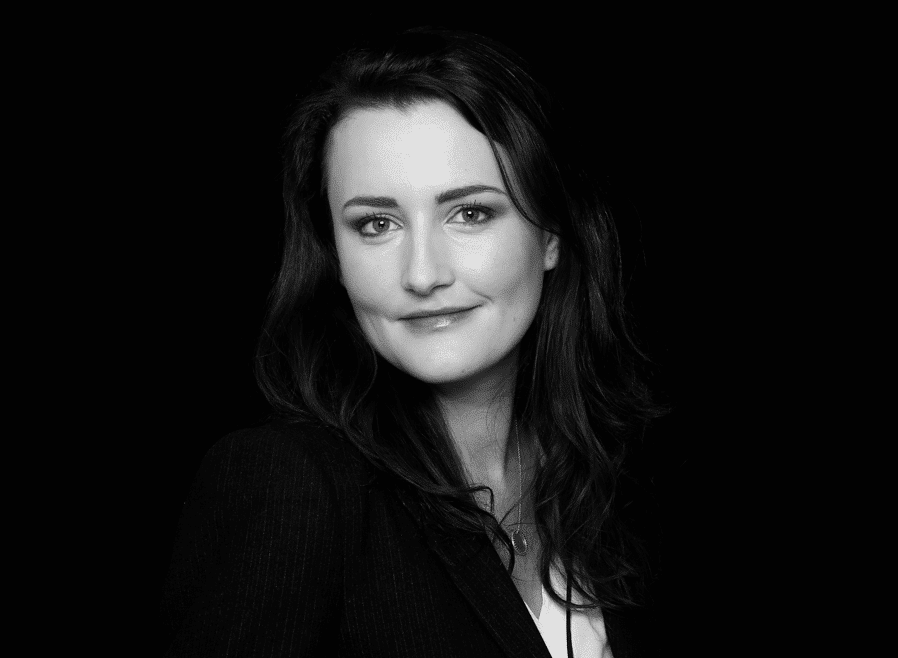Each year, French and international healthcare operators impatiently await the results of France Biotech’s France Healthtech Panorama. This French healthcare ecosystem barometer identifies the sector’s issues, strengths and difficulties. Responses were invited from biotechs, medtechs, e-health startups and CROs (contract research organizations) which have their head office in France and allocate at least 15% of their spending to R&D. To adapt to the increasing maturity of healthtech businesses, the study is now looking at SMEs with up to 500 employees, compared with 250 previously.
The Panorama was carried out in partnership with public investment bank Bpifrance; Citeline, a provider of business intelligence solutions and data analysis; Euronext, the first pan-European stock exchange; and EY, the global leader in auditing, consultancy, tax and legal services and transactions, with the support of CRF Assurances, a specialist in risks incurred by healthcare businesses.
454 businesses completed the survey between October 27 and December 7, 2022, a record number. “This has allowed us to carry out the most representative and exhaustive study possible,” said Chloé Evans, deputy director general and market research and international relations manager at France Biotech.
Currently, the French healthtech sector has approximately 2,600 businesses including 800 biotech, 1,440 medtech and 400 digital companies working in healthcare and artificial intelligence. The ecosystem generates 50,000 direct and indirect jobs throughout the country and is currently developing over 4,000 innovations.
Five priority areas are emerging. In addition to the obvious question of funding and fundraising, these businesses have concerns about their R&D success and, at a clinical level, the development of industrial partnerships, regulatory constraints and recruitment. “Over half of entrepreneurs encounter significant difficulties when trying to recruit the people they need, in particular in IT, bio-informatics, production, regulatory affairs, quality assurance and so on,” said Chloé Evans. However, those businesses that responded plan to recruit over 2,200 people.
“This 20th edition of the Panorama bears witness to the strong entrepreneurial dynamics of the healthtech sector and illustrates the long road taken over the last 20 years. Today, we are in an uncertain macro-economic climate and we need to respond collectively to a range of challenges in order to make France more attractive. We need to reintroduce industrial policy in healthcare innovation in France, accelerate innovation development pathways, and rethink the treatment made available by the healthcare system in order to offer these solutions to patients and professionals as quickly as possible. France 2030 is an opportunity that we must seize together to fulfill these ambitions,” Franck Mouthon, chairman of France Biotech.
Another very positive lesson from the Panorama 2022 is that French companies are increasingly setting up operations abroad. A quarter of respondents have an overseas subsidiary. These companies develop on average three products and have been in existence for 10.5 years. Although 56% remain VSEs (very small enterprises), they have on average 32 employees (+28% compared with 2021), and 28 of them have over 100 employees.
France is doing well despite a tense market situation, after two exceptional years. In the USA and Europe, funding for the healthcare sector amounted to €30 billion in 2022 compared with €55 billion in 2021, a reduction of 47%. France has so far been well protected. With €2.6 billion raised in 2022 compared with €2.3 billion in 2021, it ranks number one in Europe in terms of fundraising. “It is an important signal to the market that shows that French companies are attractive and they have development plans and solid pipelines,” said Chloé Evans. Funding is slightly higher than last year, but has reached fewer companies. “Investors are being more selective and supporting more mature companies, with greater amounts and more in B and C rounds. They are more risk-averse, even if it means reinvesting in the same companies. ”
A number of record-breaking fundraising events have been organized. Padoa raised €80 million in February 2022 to improve its occupational health software. Doctolib, a platform for booking medical appointments, raised €500 million in March 2022. And in June, the ImCheck Therapeutics startup raised €96 million to pursue clinical trials of its ICT01 antibody designed to treat cancer. eureKING was listed on the stock market, raising €150 million.
Digital healthcare companies, which continue to be driven by sustained growth, have very diversified business models. Telemedecine and remote monitoring are the leaders, followed by digital diagnostics. They target hospitals as a priority and aim to have the cost of their solutions or digital medical devices reimbursed via the public health system. 75% of them are in the marketing phase.
As for biopharmaceutical partnerships in Europe, France ranks fourth, behind the UK, Germany and Switzerland.
The French state supported healthtech more than ever before in 2022. Bpifrance unlocked €535 million in aid (compared with €300 million in 2021, not including the Covid-19 program) and €460 million in investments. As part of the France 2030 stimulus plan, €215 million have been given to innovative projects in four strategic sectors – biotherapies and bioproduction; digital health; emerging infectious diseases and CBRN risks (chemical, biological, radiological, nuclear); and medical devices.
French healthtech is expanding thanks to the continued creation of new and highly diversified dynamic startups, “each offering its contribution to the provision of comprehensive, high-quality care for patients, from prevention and diagnosis to therapy and follow-up,” said Chloé Evans in conclusion.



